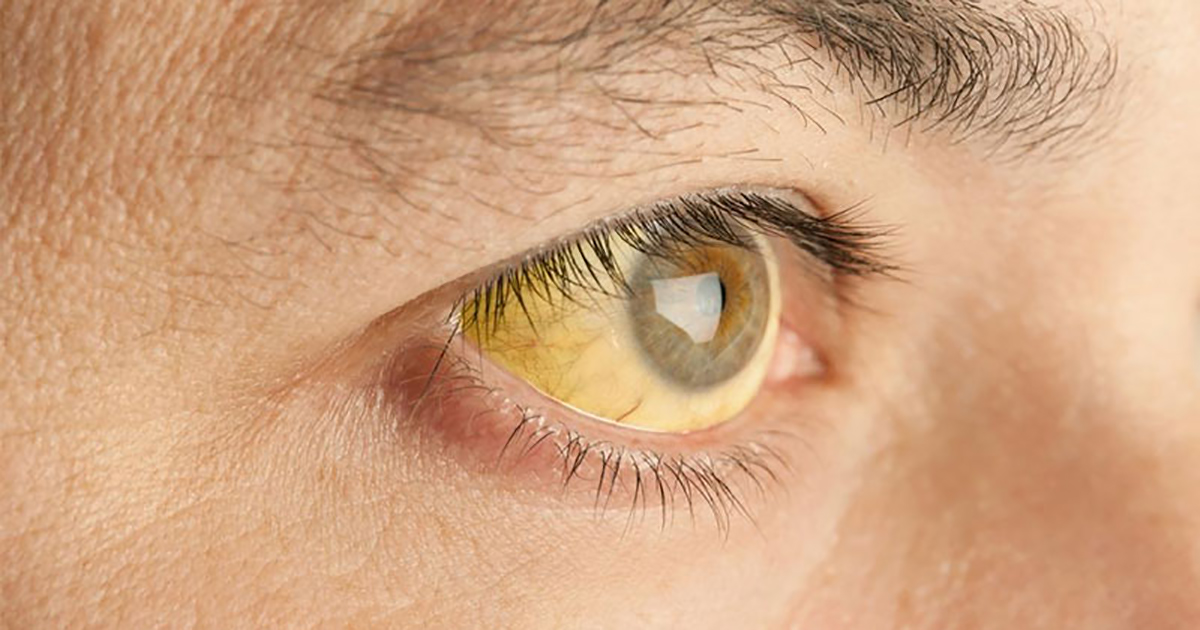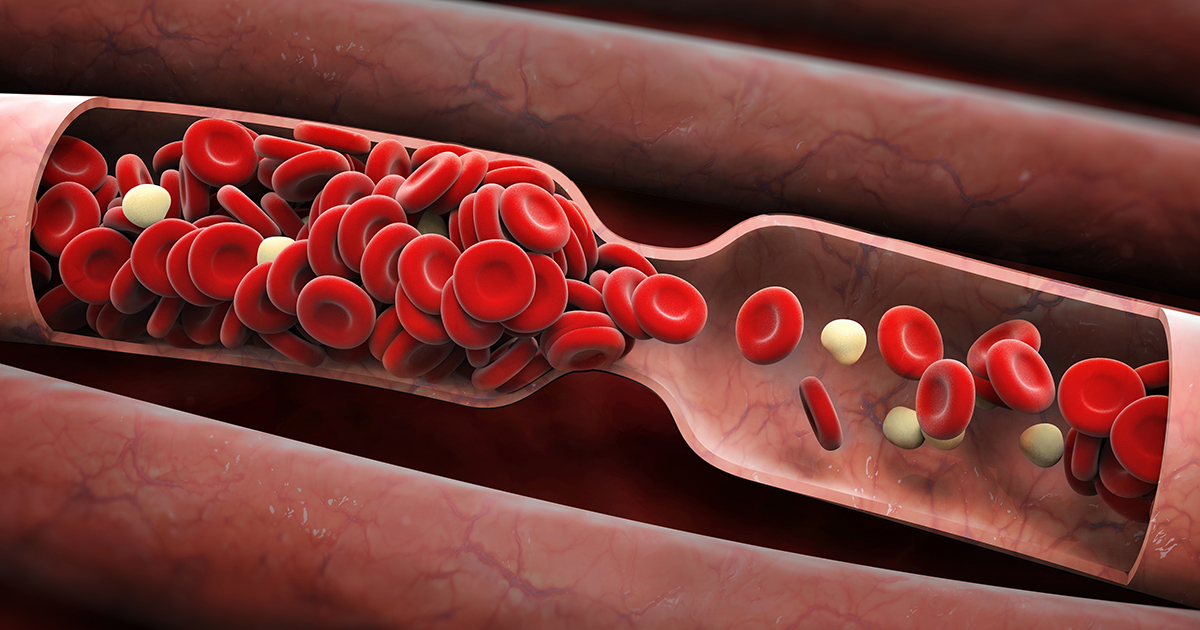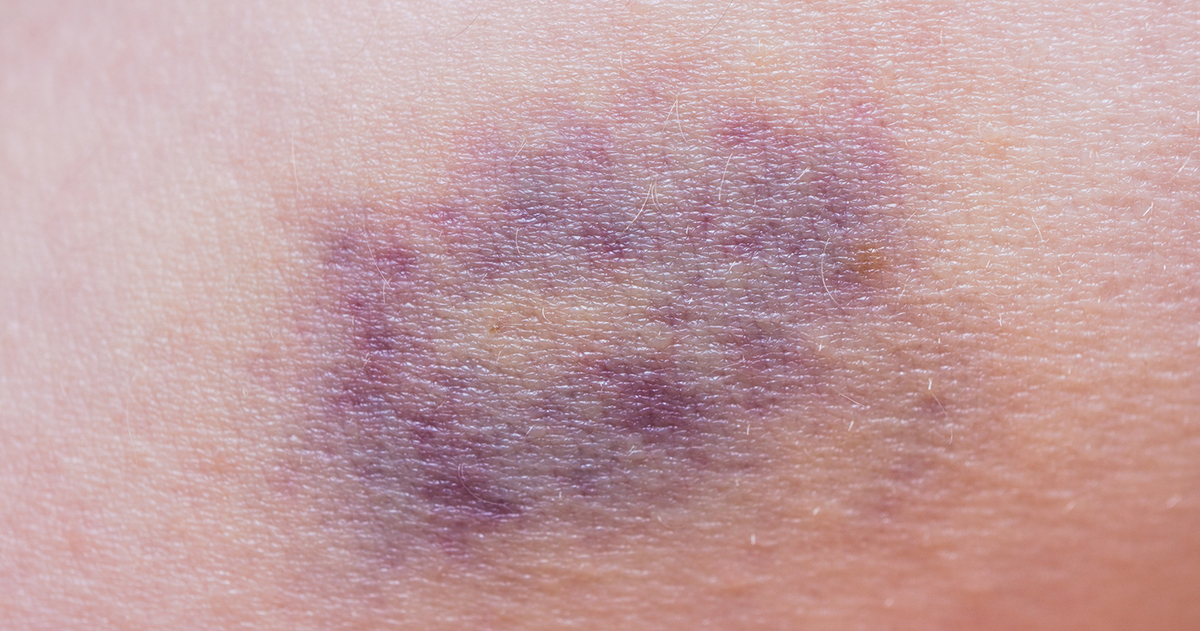Signs Of Paroxysmal Nocturnal Hemoglobinuria
Paroxysmal nocturnal hemoglobinuria (PNH) seems like a scary mouthful of a disease, but it can actually be broken down into much simpler terms. Nocturnal is another word for night, paroxysmal means symptoms come on suddenly, and hemoglobinuria means you have blood in your urine. This is a common side effect of this disease, experienced by over sixty percent of patients diagnosed with PNH.While this genetic disease is rare, there are some key ways to detect it in a patient. This list will cover some of the most common signs a person may experience.
Pale Skin Or Jaundice

Patients with paroxysmal nocturnal hemoglobinuria have red blood cells that lack a specific protein coating on their outermost layer. This allows the immune system to attack them, causing a low volume within the body. The individual usually goes on to develop anemia, which can cause many symptoms, like pale skin or pallor. In addition, there is sometimes a bone marrow failure. This is the area red blood cells are produced in, and the lack of production is part of what can lead to pale skin or jaundice.
When the red blood cells are destroyed, a substance called bilirubin is released. The liver is normally responsible for processing this, but when there are higher amounts, it becomes more difficult for the liver to handle. The buildup of bilirubin leads to the yellowing of the individual's skin or sclera of the eyes, also known as jaundice.
Continue to reveal the next pair of symptoms.
Fatigue And Weakness

Without red blood cells available to help carry oxygen to parts of your body that need it, you can start to feel out of breath a lot. Paroxysmal nocturnal hemoglobinuria can also cause pulmonary hypertension, which means a higher blood pressure in the area of your lungs. These two things combined can lead to fatigue and weakness.
You may also experience these symptoms due to a low nitric oxide level. This compound is normally available to help keep the tone of membranes and prevent activation of the platelets or blood clotting factors. Hemoglobin, a product of broken down red blood cells, binds very easily to the nitric oxide and lowers the overall concentration of it in your system. The mechanisms in place to limit hemoglobin and stop this process from happening are overwhelmed by the large amounts of red blood cells being destroyed. The low nitric oxide level leads to exhaustion and blood clotting.
Speaking of blood clotting, continue reading to learn more about it as a symptom.
Blood Clots

Red blood cells aren't the only thing affected by paroxysmal nocturnal hemoglobinuria. Platelets are responsible for stopping the bleeding process, and if platelets are abnormal, it can cause problems with how your body clots your blood, and you may end up with a blood clot.
Furthermore, low levels of nitric oxide in your system can lead to blood clots. This is because under normal circumstances nitric oxide works to prevent or limit platelet activation. As discussed, patients with paroxysmal nocturnal hemoglobinuria have low levels of nitric oxide, meaning they are more likely to experience blood clots.
Continue reading to learn about the types of pain to watch out for.
Abdominal Or Back Pain

There are two main reasons for having abdominal or back pain when diagnosed with paroxysmal nocturnal hemoglobinuria. The first is due to the low levels of nitric oxide, which is also responsible for ensuring the muscles in your small intestine are working smoothly. As the levels of hemoglobin rise and the available nitric oxide lower, these muscles become more prone to spasms and decreased functioning. This can occur in your intestine and as far up as your esophagus.
The other reason you may experience pain is due to your kidneys malfunctioning. The hemolysis in your body, the break down of red blood cells, combined with potential clots as well as the medication and treatments being used are all filtered through the kidneys. This can lead to kidney damage ranging from mild to severe enough to require dialysis. Kidney pain is frequently described as being in your lower back and possibly your abdomen.
Continue to learn more about bruising and bleeding at symptoms of paroxysmal nocturnal hemoglobinuria.
Bruising And Bleeding

A patient diagnosed with paroxysmal nocturnal hemoglobinuria usually will have bone marrow that does not function properly. Bone marrow is responsible for creating red blood cells, white blood cells that help fight infection, and platelets. Without enough platelets, bruising and bleeding are more likely to occur. The low levels of platelets, or thrombocytopenia, can also lead to spontaneous bleeding. This malfunction, combined with some of the extensive organ damage that can occur with paroxysmal nocturnal hemoglobinuria, can lead to excessive bruising and bleeding.
